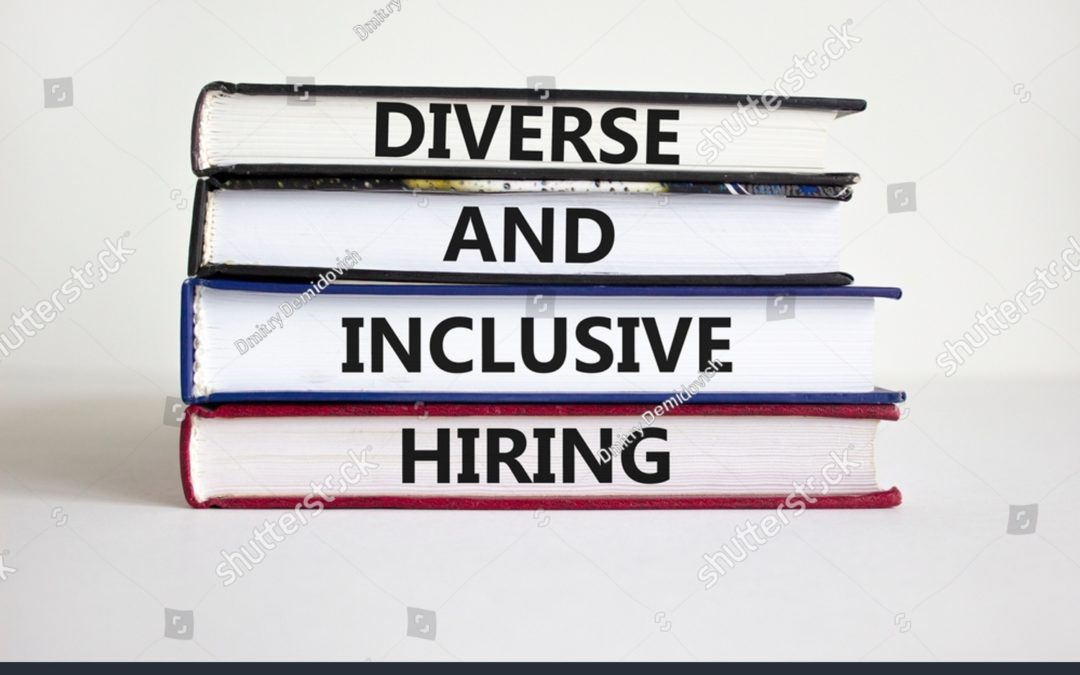Introduction:
Diversity and inclusion are integral to building strong and innovative organizations. Recognizing the value of a diverse workforce, the UK recruitment industry has made strides in promoting inclusive hiring practices. However, there is still work to be done to ensure equal opportunities for all individuals. This article examines the progress made in diversity and inclusion within the UK recruitment industry and presents strategies to further advance these important initiatives.
- Progress in Diversity and Inclusion:
The UK recruitment industry has made significant progress in embracing diversity and inclusion. Companies have recognized the benefits of a diverse workforce, including improved innovation, enhanced problem-solving, and increased employee engagement. Many organizations have implemented diversity and inclusion policies, established employee resource groups, and provided training to mitigate biases in the recruitment process. Moreover, initiatives such as the UK government’s Gender Pay Gap Reporting and the introduction of ethnicity pay gap reporting requirements have shed light on the importance of diversity in the workplace.
- Strategies for Inclusive Hiring:
To further advance diversity and inclusion in hiring, the UK recruitment industry can adopt several effective strategies:
a. Building a Diverse Talent Pipeline: Recruiters should actively source candidates from diverse backgrounds through partnerships with community organizations, attending job fairs focused on underrepresented groups, and utilizing diverse professional networks. By expanding the talent pool, recruiters can ensure a diverse range of candidates for each role.
b. Mitigating Bias in Selection Processes: Unconscious biases can influence hiring decisions. Implementing structured interviews, blind resume reviews, and skills-based assessments can help reduce bias and ensure fair evaluation of candidates based on merit.
c. Educating and Training Recruiters: Training programs on diversity and inclusion should be provided to recruiters to increase awareness and understanding of unconscious biases and discriminatory practices. This enables recruiters to make informed and equitable hiring decisions.
d. Collaborating with Educational Institutions: Establishing partnerships with universities and colleges can facilitate access to diverse talent at an early stage. Engaging with student organizations, offering internships, and providing mentoring opportunities can help attract underrepresented candidates and support their career progression.
e. Employee Referral Programs: Encouraging employees to refer candidates from diverse backgrounds can help expand the diversity of applicants. Offering incentives for successful referrals can motivate employees to actively participate in creating a more inclusive workforce.
f. Tracking and Analyzing Diversity Metrics: Regularly measuring and analyzing diversity data, such as the representation of underrepresented groups in the hiring process, can provide insights into the effectiveness of diversity and inclusion initiatives. This data-driven approach enables organizations to identify areas that require improvement and track progress over time.
- Fostering Inclusive Company Cultures:
Recruiters play a crucial role in promoting inclusive company cultures. Encouraging organizations to develop policies and practices that support diversity and inclusion is essential. This includes offering flexible work arrangements, providing cultural sensitivity training, fostering an inclusive leadership style, and creating a safe and respectful work environment for all employees.
Conclusion:
The UK recruitment industry has made commendable progress in embracing diversity and inclusion in hiring. However, there is still much to be done to ensure equal opportunities for all individuals, irrespective of their background. By implementing strategies such as building diverse talent pipelines, mitigating bias in selection processes, collaborating with educational institutions, and fostering inclusive company cultures, the UK recruitment industry can continue to drive positive change. By prioritizing diversity and inclusion, recruiters can contribute to creating a more equitable and prosperous future for all.
